Politics
White House tightens journalists’ access around senior communications aides
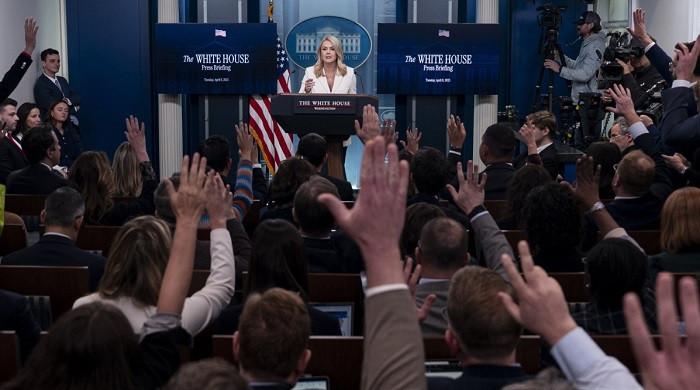
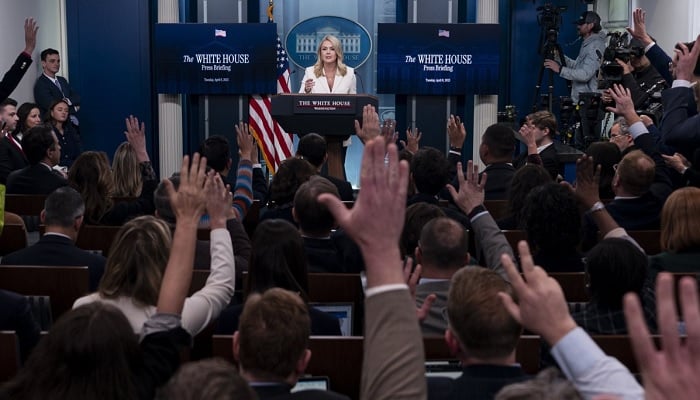
- Journalists will need appointment to see press secretary.
- Move follows crackdown on press access at Pentagon.
- New rule takes effect immediately.
A new White House rule issued Friday restricts the ability of credentialed journalists to freely access the offices of press secretary Karoline Leavitt and other top communications officials in the West Wing, near the Oval Office.
The new memorandum from the National Security Council bans journalists from accessing Room 140, also known as “Upper Press,” without a prior appointment, citing the need to protect potentially sensitive material. It said the change would take effect immediately.
The White House move follows restrictions put in place earlier this month for reporters at the Department of Defence, a move that prompted dozens of journalists to vacate their offices in the Pentagon and return their credentials.
The National Security Council said the change was made because structural changes to the NSC mean White House communications officials are now “routinely engaging with sensitive material.”
“In order to protect such material, and maintain coordination between National Security Council Staff and White House Communications Staff, members of the press are no longer permitted to access Room 140 without prior approval in the form of an appointment with an authorised White House Staff Member,” the memo said.
Previously, credentialed White House journalists could access Room 140, which is a short hallway from the Oval Office, on short notice to speak with Leavitt, her deputy Steven Cheung and other senior officials.
The White House Correspondents Association, which represents journalists covering the White House, could not be reached for immediate comment.
The Trump administration, months ago, removed Reuters, the Associated Press and Bloomberg News from the permanent “pool” of reporters covering the president, although it allows those outlets to participate on a sporadic basis.
Friday’s announcement comes weeks after the crackdown on press access by the Defence Department, which now requires news outlets to sign a new policy or lose access to press credentials and Pentagon workspaces.
At least 30 news organisations, including Reuters, declined to agree to the Pentagon restrictions, citing a threat to press freedoms and their ability to conduct independent newsgathering.
The Pentagon policy requires journalists to acknowledge new rules on press access, including that they could be branded security risks and have their Pentagon press badges revoked if they ask department employees to disclose classified and some types of unclassified information.
Politics
India investigates suspected suicide of three sisters ‘influenced’ by K-Pop music
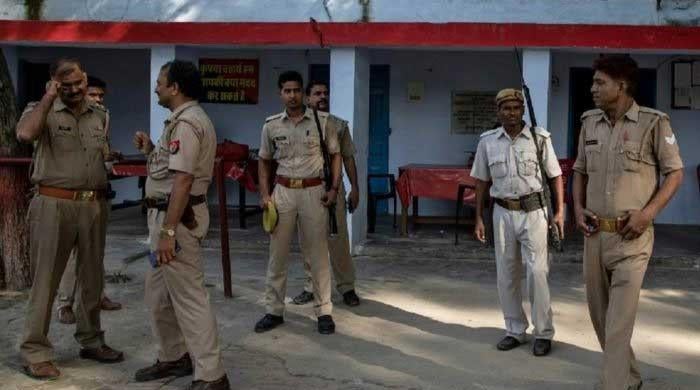
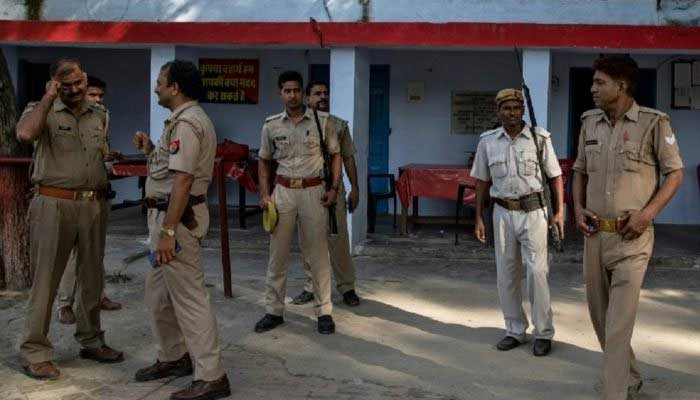
NEW DEHI: Indian police said on Thursday an investigation had been launched into the suspected suicide of three young sisters over concerns that they were heavily “influenced” by games and movies online that they were later denied access to.
Local media reported the sisters, aged 12, 14 and 16 had jumped from their home on Wednesday in the city of Ghaziabad on the outskirts of the country’s capital.
Concern among experts and regulators has grown in recent years that too much screen time and addictive algorithms are harming child development, sparking authorities, including in India, to push for social media bans for children and teens.
“(An) investigation is underway based on the suicide note and their phones,” Nimish Patil, a senior police official, told AFP on Thursday.
Police in India routinely investigate the factors leading up to suspected suicides.
The sisters had been “denied access” to K-Pop music and Korean games and movies that they had previously played and watched online.
“They were influenced by Korean culture: K-pop music, games and movies,” Patil said.
He added that the family also appeared to be under financial distress.
Their father had recently taken away their devices and barred them from watching Korean dramas and playing online games, the Indian Express newspaper reported. AFP could not immediately reach family members for comment.
Korean culture has surged in popularity, especially among young people, in India over the past decades, beginning with rapper Psy’s 2012 hit “Gangnam Style” and expanding through K-Pop and streaming platforms packed with Korean dramas.
The case has sparked debate in India with intense media coverage highlighting concerns about young people’s skyrocketing online exposure deepening mental health vulnerabilities.
Two Indian states recently said they were preparing the ground for banning children from using social media.
Internationally, governments have been exploring social media restrictions for children and teenageers, led by Australia, which banned the networks for under-16s in December.
French lawmakers in the country’s lower house last month passed a bill that if confirmed by its Senate will ban social media use by under-15s and bar mobile phones from high schools.
Politics
‘New Start’ nuclear treaty expires, removing key constraints on Russia and US
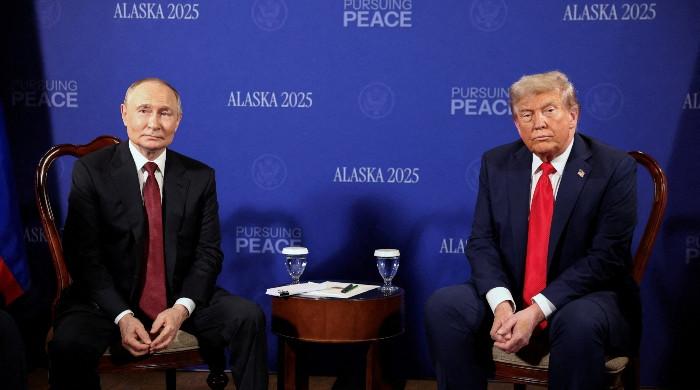
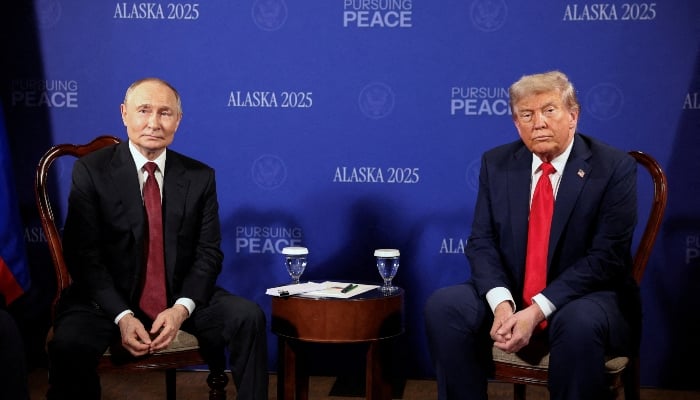
- Lapse of New Start treaty ends half-century of nuclear restraint.
- Russia criticises US for not agreeing to extend warhead limits.
- Moscow says neither side is bound any more by treaty provisions.
MOSCOW: Russia and the United States are no longer bound by any limits on the size of their strategic nuclear arsenals after their last arms control treaty expired on Thursday with no agreement between them on what should come next.
The New Start treaty, which set limits on each side’s missiles, launchers and strategic warheads, was the last in a series of nuclear agreements stretching back more than half a century to the depths of the Cold War.
Security experts say its expiry risks ushering in a new arms race that will also be fuelled by China’s rapid nuclear build-up.
Russian President Vladimir Putin had proposed that Moscow and Washington agree to adhere to the treaty’s key provisions for one more year, but US President Donald Trump did not make any formal response.
Trump says he wants a better deal that will also bring in China. But Beijing refuses to negotiate with the other two countries because it has only a fraction of their warhead numbers – an estimated 600, compared to around 4,000 each for Russia and the US
In a statement late on Wednesday, hours before New Start lapsed, Russia criticised what it called the “mistaken and regrettable” US approach.
It said Moscow’s assumption now was that the treaty no longer applied, and both sides were free to choose their next steps.
Russia “remains prepared to take decisive military-technical countermeasures to mitigate potential additional threats to national security”.
But it will act responsibly and is open to diplomacy to seek a “comprehensive stabilisation of the strategic situation,” the statement said, striking a balance between assertiveness and restraint.
Trump made no statement as the treaty expired. The White House said this week that Trump would decide the way forward on nuclear arms control, which he would “clarify on his own timeline”.
UN chief says nuclear risk is highest in decades
Strategic nuclear weapons are the long-range systems that each side would use to strike the other’s capital, military and industrial centres in the event of a nuclear war.
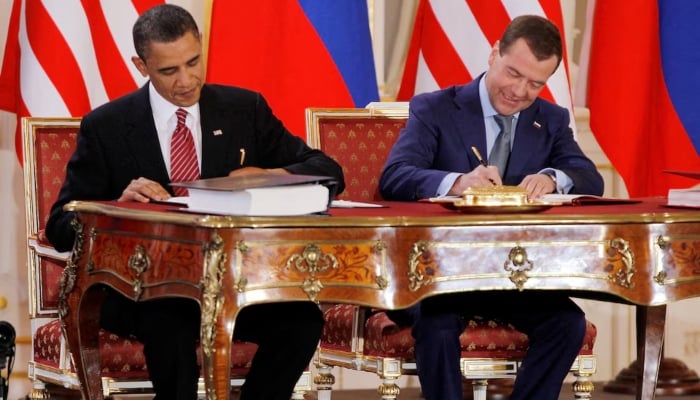
They differ from so-called tactical nuclear weapons that have a lower yield and are designed for limited strikes or battlefield use.
In the absence of a treaty framework that provides stability and predictability, analysts say each side will find it harder to read the other’s intentions. That could lead to a spiral in which each feels the need to keep on adding weapons, based on worst-case assumptions about what the other is planning.
Within a couple of years, each could deploy hundreds more warheads beyond the New Start limit of 1,550, experts say.
“Transparency and predictability are among the more intangible benefits of arms control and underpin deterrence and strategic stability,” said Karim Haggag, director of the Stockholm International Peace Research Institute.
“Without them, relations between nuclear weapon states are likely to be more crisis prone – especially with artificial intelligence and other new technologies adding complexity and unpredictability to escalation dynamics and a worrying lack of diplomatic and military communication channels between the USA and both China and Russia.”
UN Secretary-General Antonio Guterres said the dissolution of decades of achievement in arms control “could not come at a worse time – the risk of a nuclear weapon being used is the highest in decades.”
He urged Russia and the US to resume negotiations without delay to agree “a successor framework that restores verifiable limits, reduces risks, and strengthens our common security”.
Politics
New York City joins UN health network after Trump withdrew US from WHO


WASHINGTON: The New York City Health Department on Wednesday said it has joined the World Health Organisation’s global outbreak response network following President Donald Trump’s withdrawal of the US from the UN health agency.
Why’s important
Following the Republican president’s decision to pull the US out of the WHO, some Democratic leaders have made their regions join the WHO’s Global Outbreak Alert and Response Network (GOARN) in defiance of Trump. New York City Mayor Zohran Mamdani has been critical of the president’s policies.
California Governor Gavin Newsom and Illinois Governor JB Pritzker, both Democrats, have also said their states will join the WHO’s global outbreak response network. The network responds to public health events around the world, such as pandemics and disease outbreaks, and comprises of more than 360 technical institutions.
Key quotes
“By joining GOARN, New York City gains access to a global network of over 360 institutions and organisations that respond to acute public health events with the deployment of staff and resources to affected countries,” the NYC Health Department said in a statement.
“Infectious diseases know no boundaries, and nor should the information and resources that help us protect New Yorkers,” New York City Acting Health Commissioner and Chief Medical Officer Michelle Morse added.
Context
The US formally left the WHO last month after completing a one-year waiting period following an executive order that Trump signed in January 2025.
Since taking office, Trump has withdrawn the US from dozens of global and UN entities, saying they do not benefit Washington. His steps have been condemned by health and human rights experts.
-

 Sports1 week ago
Sports1 week agoPSL 11: Local players’ category renewals unveiled ahead of auction
-

 Entertainment1 week ago
Entertainment1 week agoClaire Danes reveals how she reacted to pregnancy at 44
-

 Sports1 week ago
Sports1 week agoCollege football’s top 100 games of the 2025 season
-

 Politics1 week ago
Politics1 week agoTrump vows to ‘de-escalate’ after Minneapolis shootings
-

 Sports1 week ago
Sports1 week agoTammy Abraham joins Aston Villa 1 day after Besiktas transfer
-
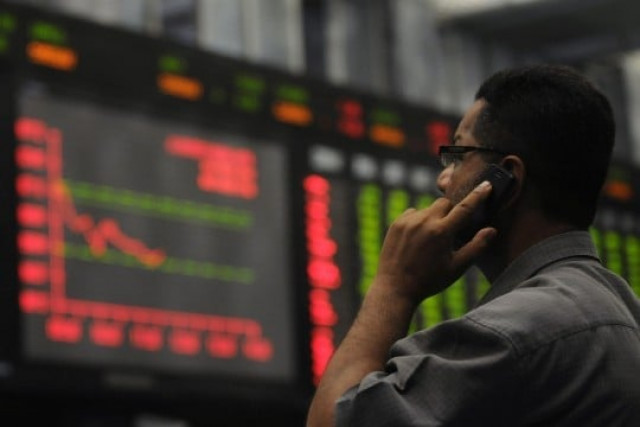
 Business1 week ago
Business1 week agoPSX witnesses 6,000-point on Middle East tensions | The Express Tribune
-

 Entertainment1 week ago
Entertainment1 week agoK-Pop star Rosé to appear in special podcast before Grammy’s
-

 Tech1 week ago
Tech1 week agoThe Surface Laptop Is $400 Off






